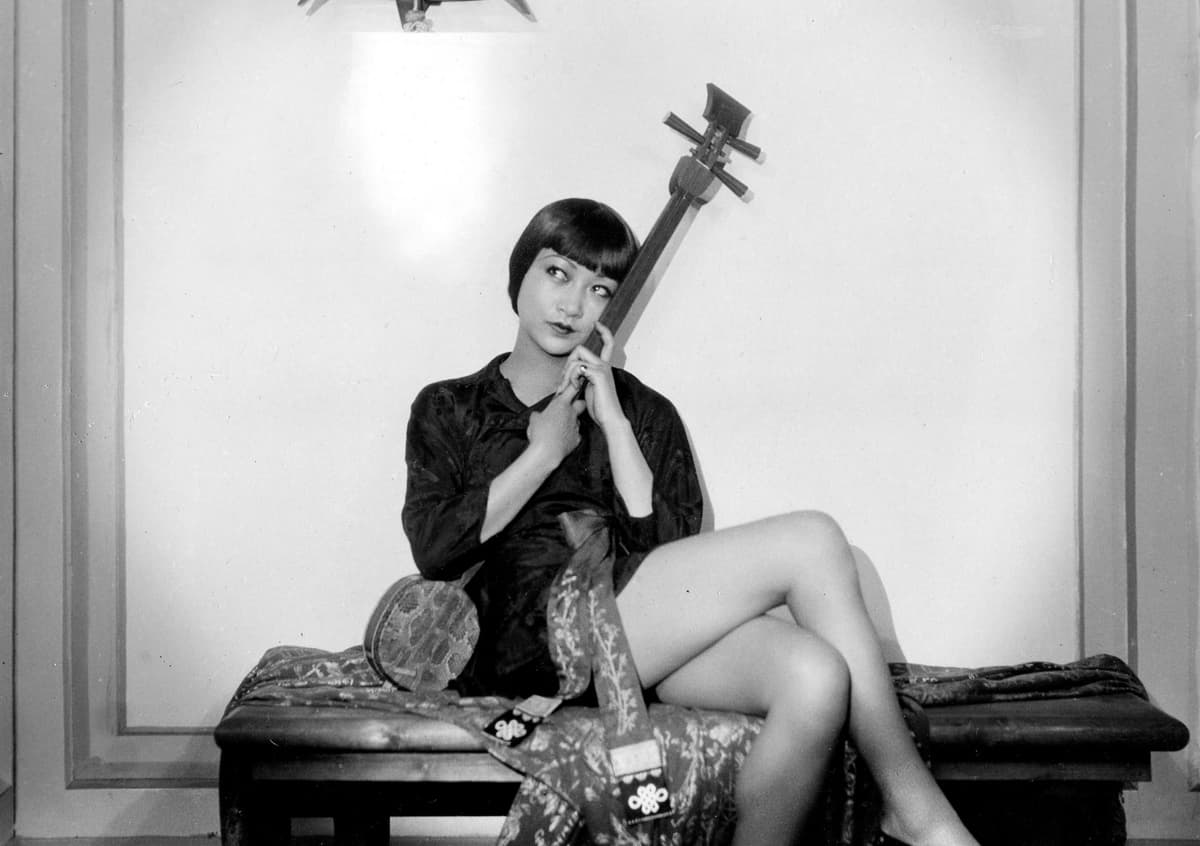
Kim Jong Un Glorifies North Korean Lives Lost in Ukraine War at Opening of Luxury Apartment Complexes at Pyongyang
By DONALD KIRK
|An American actress of Chinese descent, her career spans the silent era, the advent of sound, and television.

Already have a subscription? Sign in to continue reading

By DONALD KIRK
|
By BRADLEY CORTRIGHT
|
$0.01/day for 60 days
Cancel anytime
By continuing you agree to our Privacy Policy and Terms of Service.
By GEORGE WILLIS
|